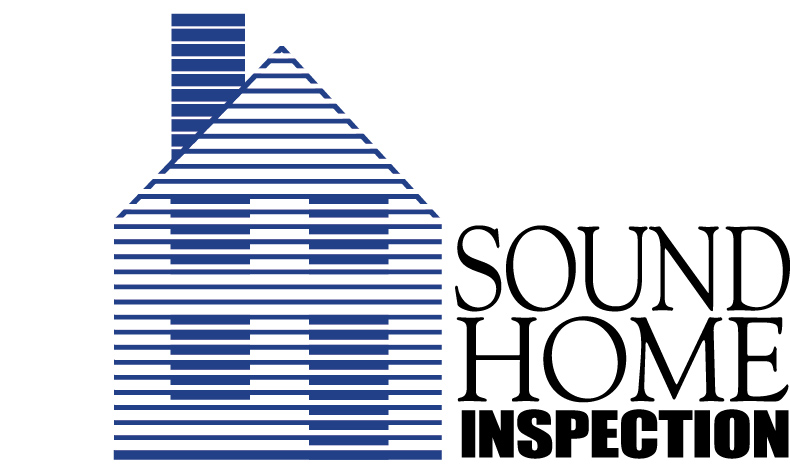Built-In Kitchen Appliances
Built-In Kitchen Appliance Inspections
Built-in appliances include those kitchen appliances that are incorporated into your cabinet design as opposed to those that are free-standing. Common built-in appliances include wall ovens, cook-top ranges and dishwashers. Such appliances can be hard-wired into your electrical system or plugged into an outlet beneath the counter.
The combination of water and electricity in the kitchen needs to be dealt with carefully. Because of this, kitchen appliances should have GFCI outlets. If your dishwasher is built-in, it needs to be connected securely to the water supply. If not, it could cause water to leak beneath the cabinets, rotting the floor boards. In addition, many appliances, like stoves, require a higher-voltage, dedicated outlet as opposed to a standard wall outlet. You also don’t want too many appliances on the same electrical circuit, both for convenience and safety.
To schedule your home inspection, call
(860) 445-1236 today.
Built-In Kitchen Appliances Inspected
Want to learn more?
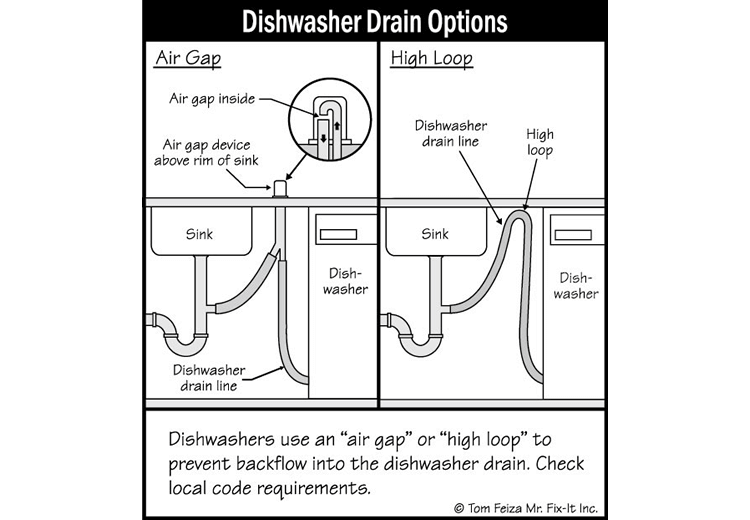
Dishwasher Inspections
Dishwashers are built-in appliances that connect to your water supply and automatically wash your dishes.
Like all kitchen built-in appliances, it’s important that the power source for the dishwasher be a GFCI (ground fault circuit interrupter) outlet or device, since there is water nearby and thus a potential electrocution hazard. In addition, the home inspector will check to see that the water supply is attached properly to the dishwasher, since even a little water escaping during each cycle can quickly damage your kitchen floor boards and lead to mold and mildew forming. Though not strictly required, a thorough home inspector will generally run the dishwasher through a cycle to make sure that it is functioning — and draining — properly.
To schedule your home inspection, call
(860) 445-1236 today.
Garbage Disposal Inspections
The food waste disposer sits under the sink and, when engaged, grinds up food in the sink so that it will easily pass through the kitchen plumbing.
An inspection of the waste disposer will include making sure that the device is in good working order, that the blades are sharp and that the switch works correctly. Since the disposer is located near water, it’s also important that the unit be grounded properly and that the switch be a GFCI (ground fault circuit interrupter) unit. A thorough inspection will also include checking the plumbing surrounding the unit for any leaks. A leaky waste disposer can cause water to seep under the kitchen cabinets, leading to mold.
To schedule your home inspection, call
(860) 445-1236 today.
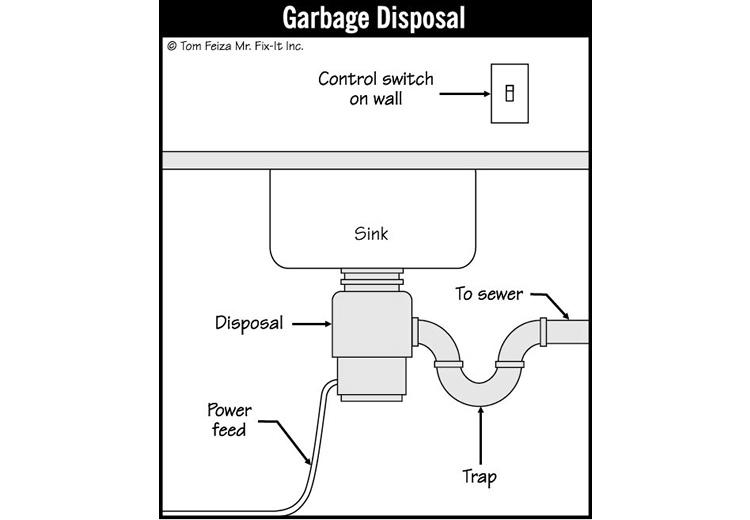
Want to learn more?
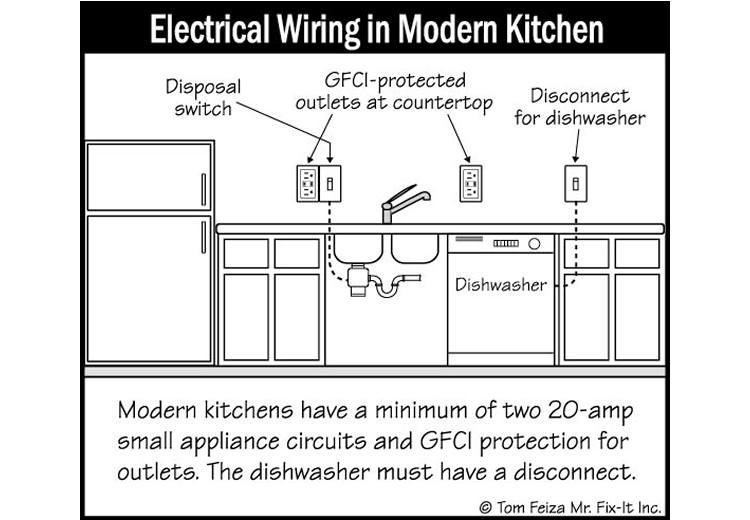
Microwave Cooking Equipment Inspections
A microwave oven is a kitchen appliance that heats food or beverages quickly using electromagnetic radiation. Such units can be built-in or portable. Home inspections generally focus only on built-in units. Some built-in microwaves have exhaust fans and hoods as part of the assembly.
A home inspector will check to see that the microwave is working properly, that the time/clock is functioning and that the turn-table is rotating. In addition, he will check that the power is connected correctly and safely, and that the exhaust fan and hood are operational (if these are present). It’s also important to check that there aren’t too many appliances on the same electrical circuit, which could cause the breaker to trip and be a possible fire hazard.
To schedule your home inspection, call
(860) 445-1236 today.
Ranges, Ovens, and Cooktop Inspections
Ranges, ovens and cooktops include built-in and free-standing cooking appliances. All of these can be powered by natural gas, propoane or electricity. Home inspectors generally only focus on built-in appliances.
In addition to verifying that the appliances are functional, a thorough home inspector will focus on several things. He will check the power source. If gas, he’ll make sure there are no leaks in the line and that the appliance is connected properly. For electric appliances, he’ll make sure that the oven, range or cooktop is set up on its own circuit to prevent a fire hazard and to avoid the inconvenience of the breaker being tripped. For appliances located near the sink, he’ll make sure that they have the necessary GFCI (ground fault circuit interrupters) outlets.
To schedule your home inspection, call
(860) 445-1236 today.
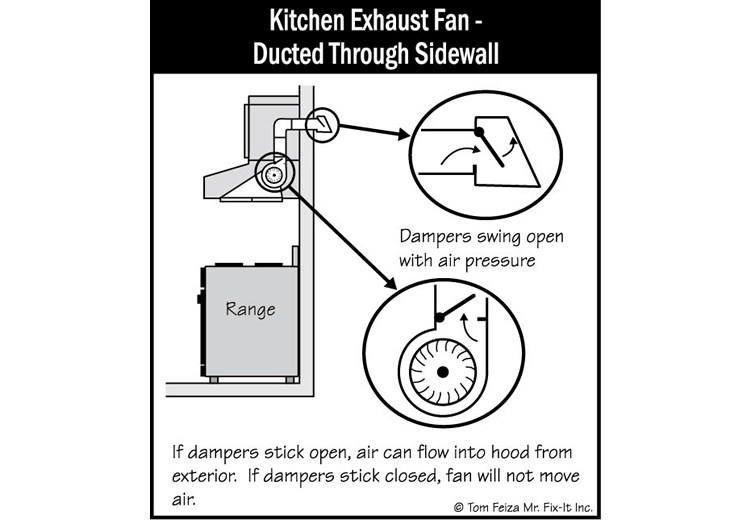
Want to learn more?
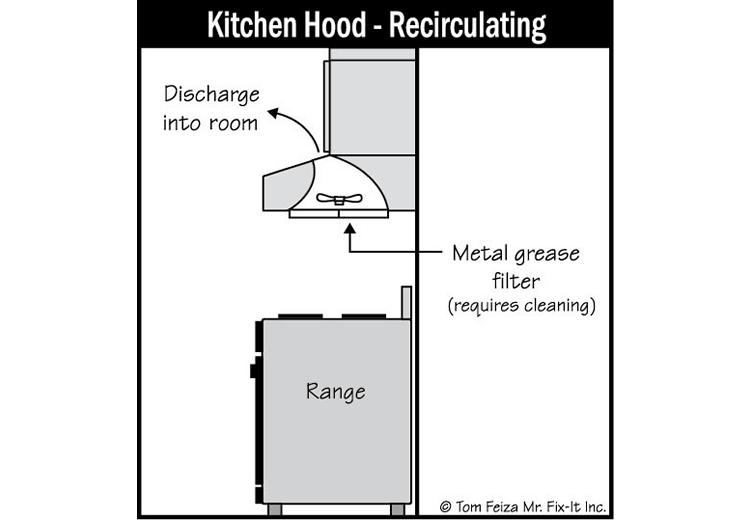
Range Hood Inspections
The range hood is a built-in exhaust device that hangs above the range and helps to remove grease, smoke, stale air and other cooking smells from the kitchen. Range hoods generally are equipped with filters to remove grease and other elements from the air.
An inspection of the range hood will first make sure that the unit is operational and that it is located an appropriate distance away from the cooking surface. In addition, the inspector will check that the filters are clean, that the exhaust fan is vented properly and that the unit doesn’t overload any one electrical circuit.
To schedule your home inspection, call
(860) 445-1236 today.
Refrigerator Inspections
Obviously, a refrigerator is the appliance used to keep your food chilled so it doesn’t spoil. Although usually found in the kitchen, refrigerators are also used in game rooms, guest rooms and even in the garage as a back-up for the main unit.
A home inspector will check the refrigerator and attached freezer (if applicable) to see that they work, that the refrigerator is cold and the seal on the unit is tight. Since most of today’s refrigerators have some kind of ice-making device, the inspector will also check to see that the appliance is hooked up properly to the water supply and that there are no leaks in the system that could cause water to seep behind the counters.
To schedule your home inspection, call
(860) 445-1236 today.
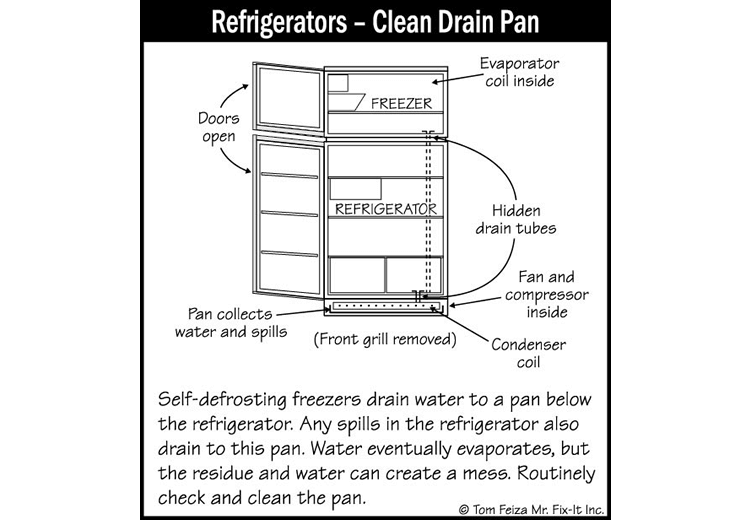
Want to learn more?
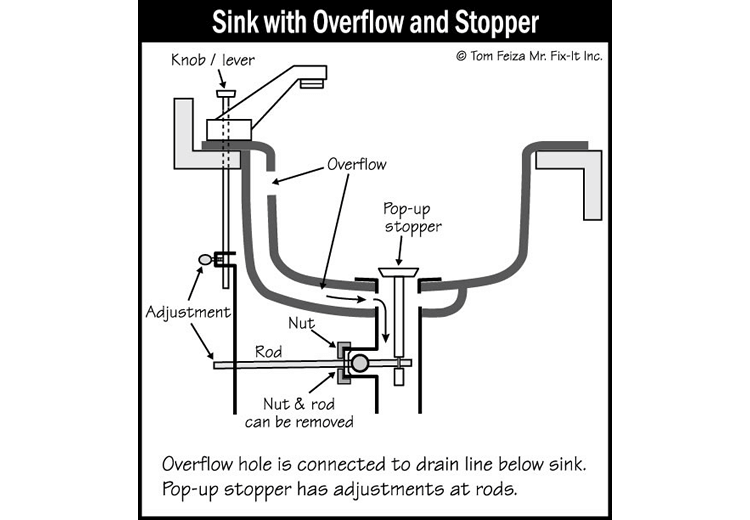
Sink Inspections
Sinks are used in kitchens, bathrooms, utility rooms and wet bars under faucets to help drain excess water. Most sinks are made of stainless steel, porcelain or ceramic, but can be made of concrete, glass, galvanized steel or stone. Sinks can be mounted under the counter so only the basin shows, or over the counter.
Anything in the house that deals with water merits a careful look. With your sinks, the inspector will look to make sure the edge of the sink is sealed properly so it doesn’t leak, as well as that the plumbing is installed correctly. He’ll also make sure that the sink isn’t cracked. Any of these problems could lead to water getting behind the cabinets and causing mold and mildew to form.
To schedule your home inspection, call
(860) 445-1236 today.
Stove Inspections
A stove is a kitchen appliance for preparing food that usually includes both a cooktop with two to six burners and an oven/broiler. Stoves are powered either by natural gas or electricity. Some built-in stoves have exhaust hoods and fans.
Making sure that a kitchen stove is operational is part of a general kitchen inspection. In addition, the inspector will check the gas hook-up (if applicable) to make sure that there are no gas leaks. If the stove is electric, he will make sure that the appliance is on a dedicated circuit and has the appropriate heavy-duty outlet. If there is an exhaust fan and/or hood, he will check to make sure these are installed and vented properly.
To schedule your home inspection, call
(860) 445-1236 today.

Want to learn more?
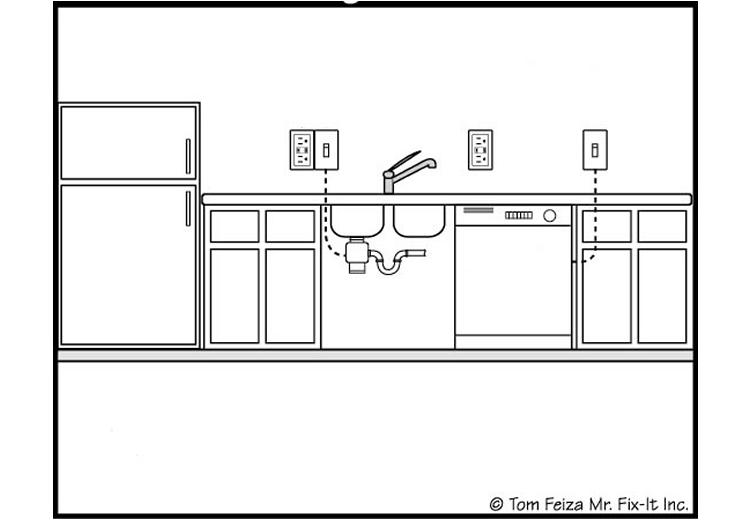
Trash Compactor Inspections
A trash compactor is a built-in kitchen appliance that crushes paper, aluminum, cardboard and other waste to make it less bulky and easier for disposal.
Inspecting the home’s trash compactor is part of making sure that all of the built-in kitchen appliances are operational. In addition, the inspector will check to see that the safety latch on the compactor is working and that the unit has a GFCI (ground fault circuit interrupter) outlet if it’s located near a water source. It’s also important that there aren’t too many appliances on one circuit so the breaker doesn’t trip if more than one item is in use.
